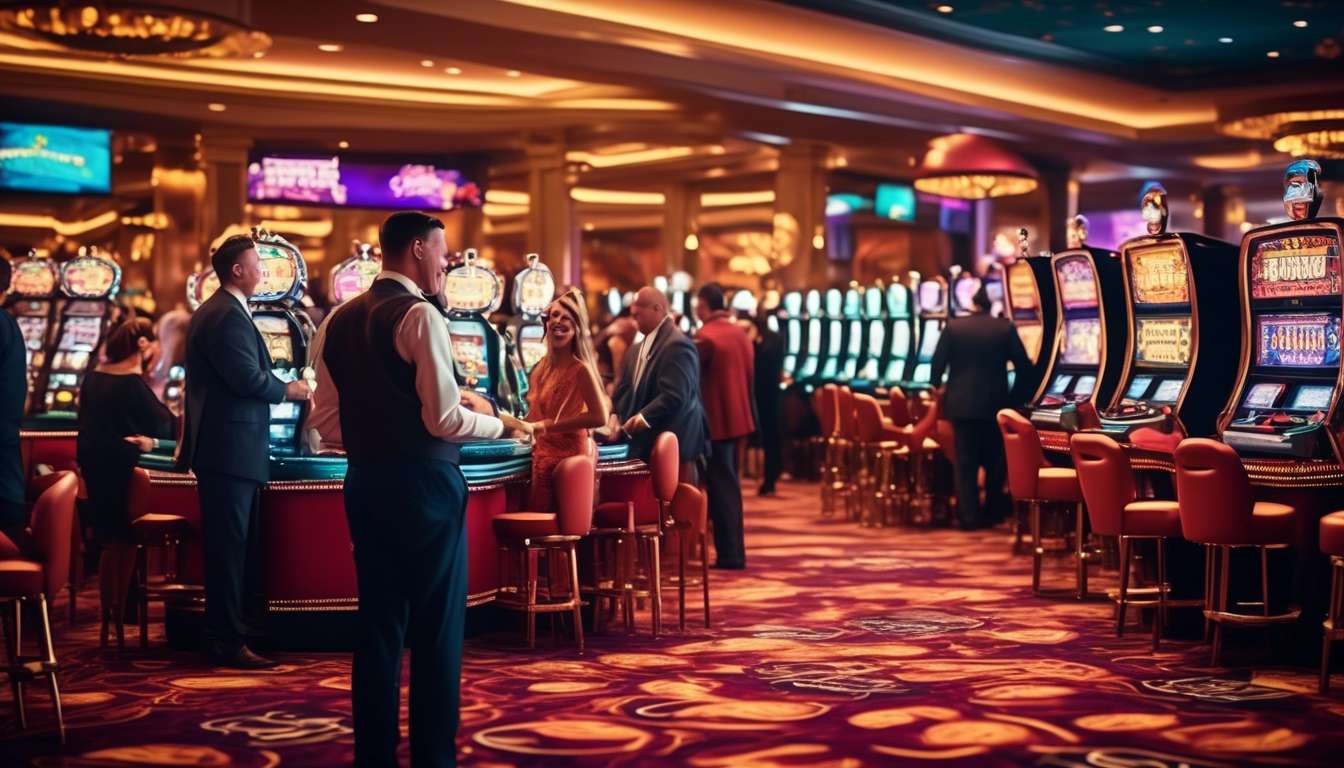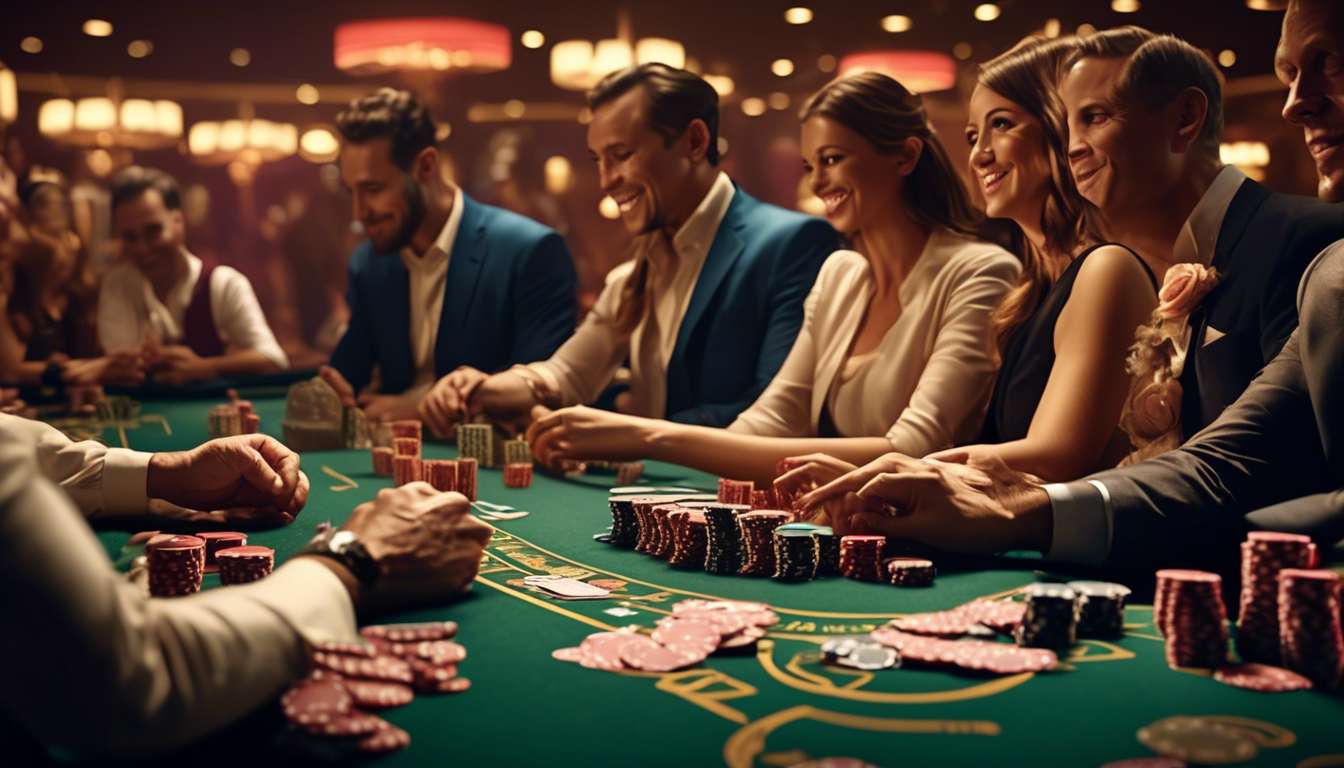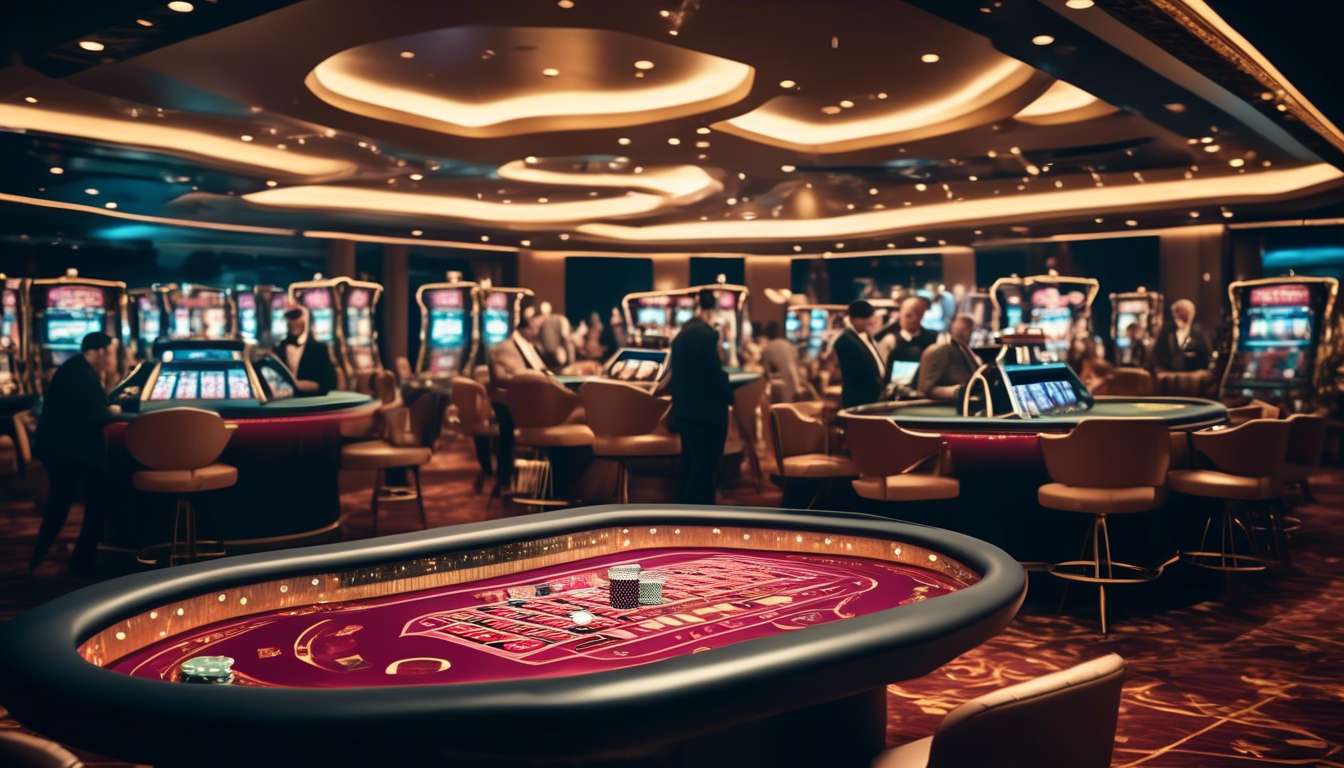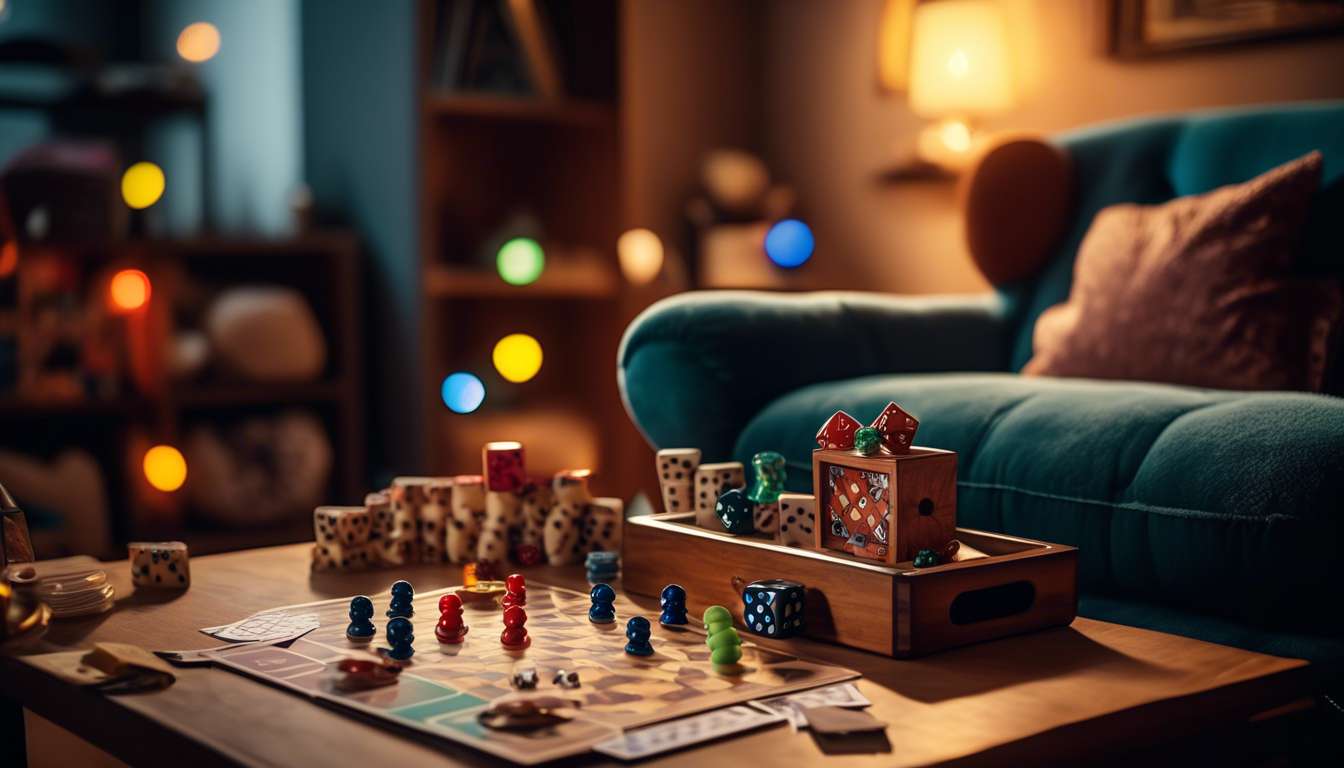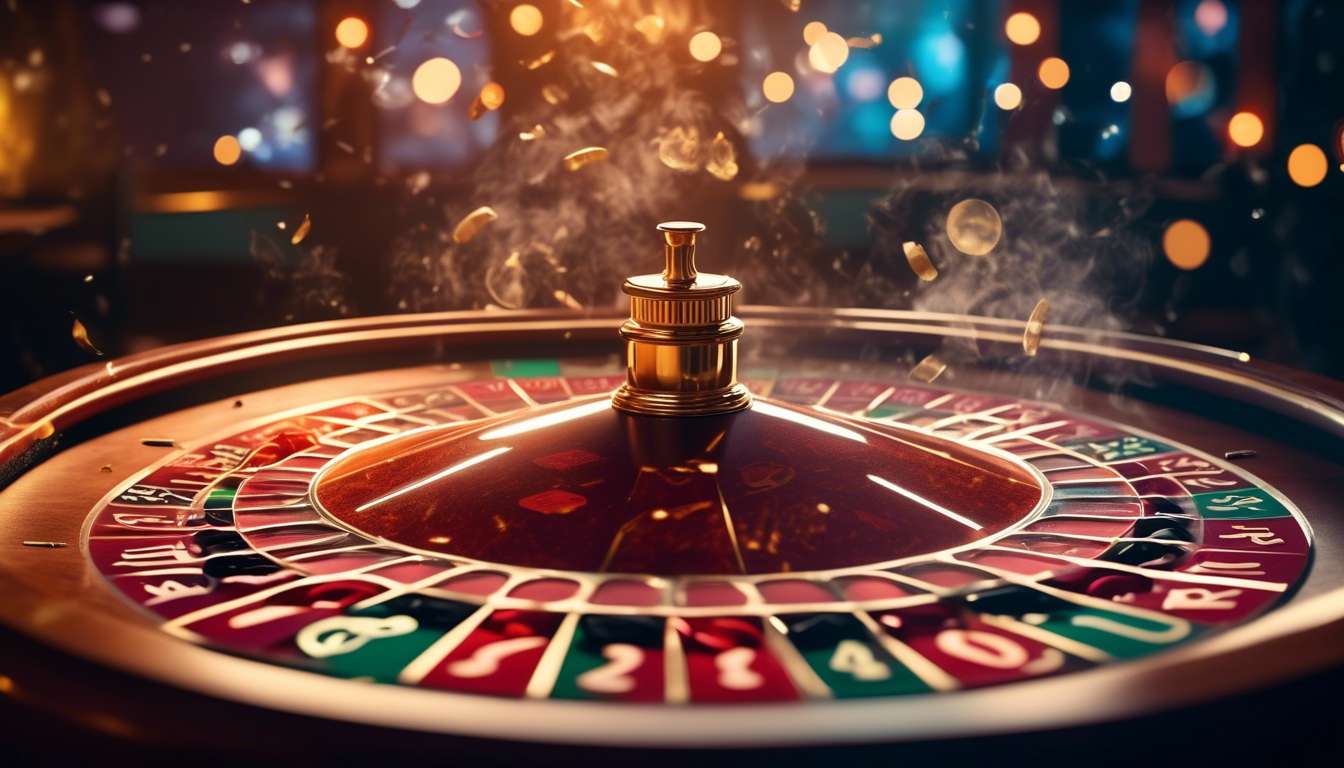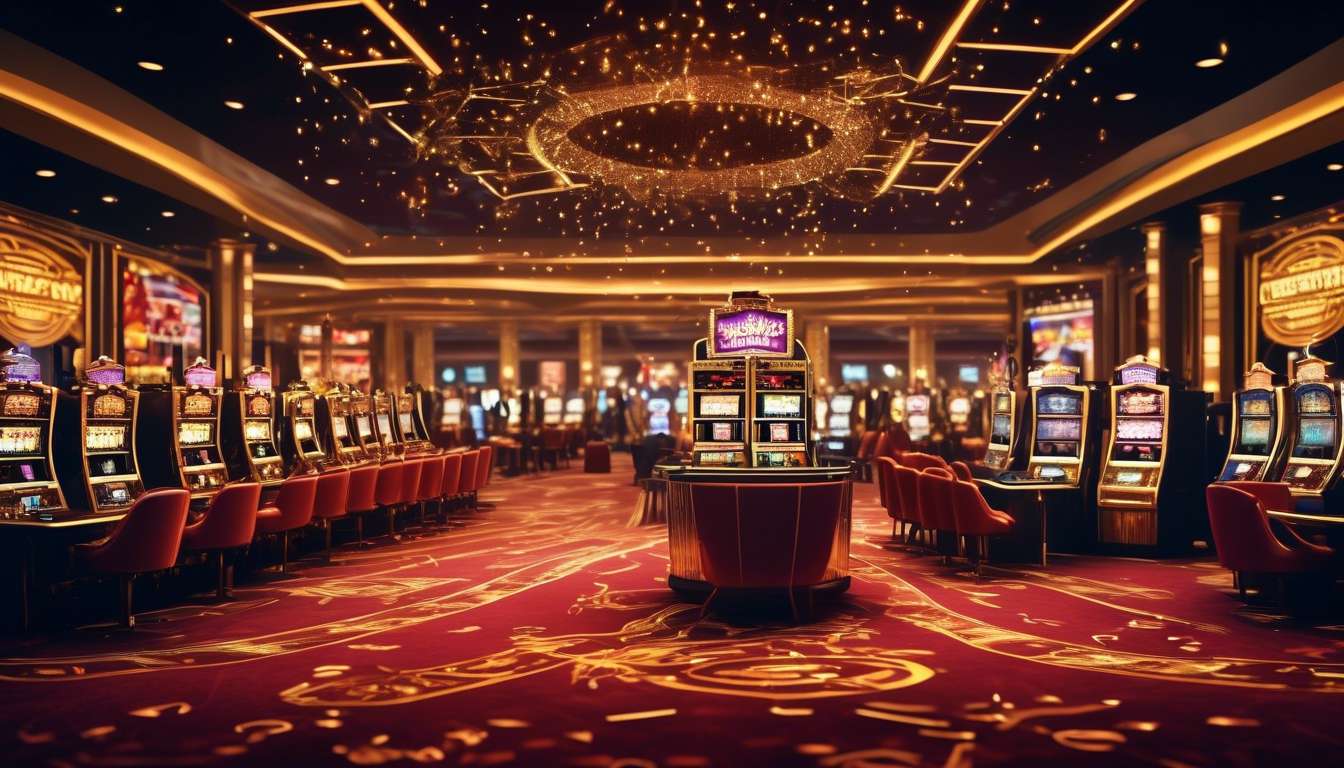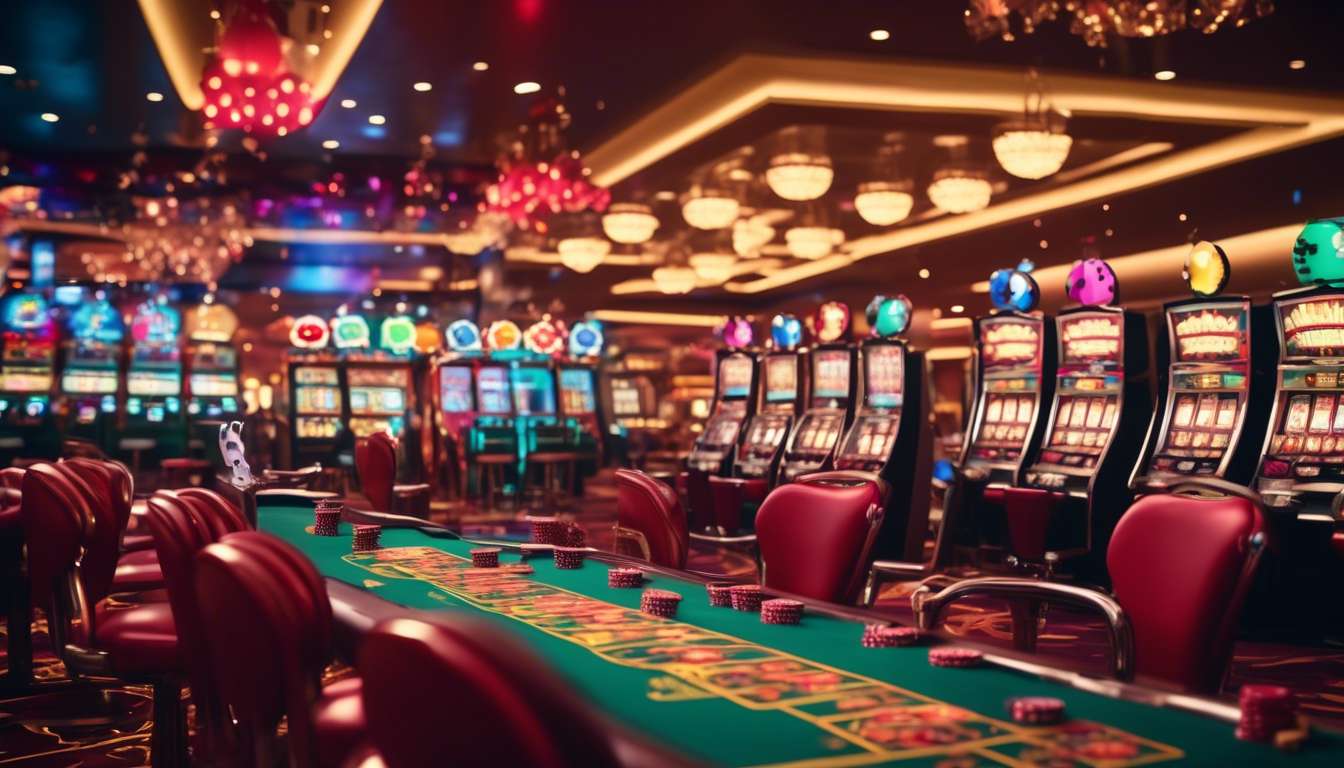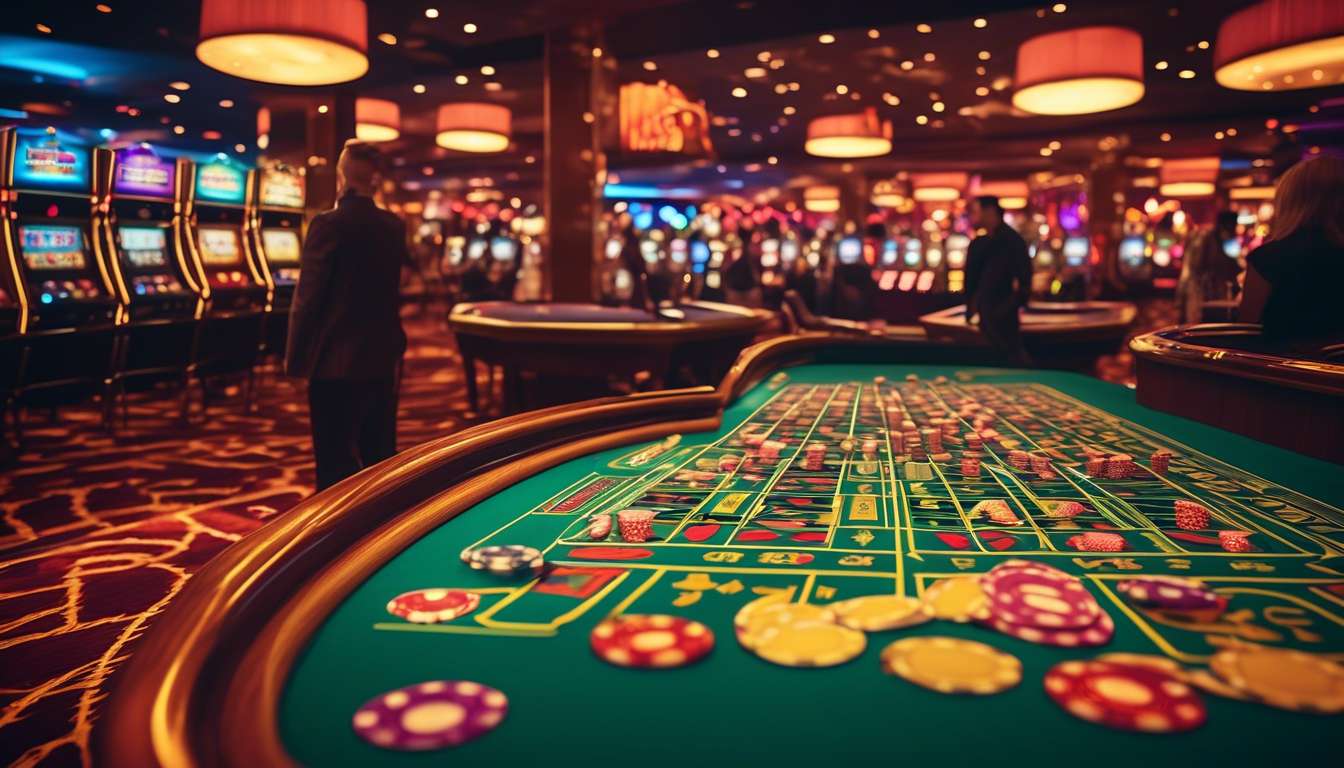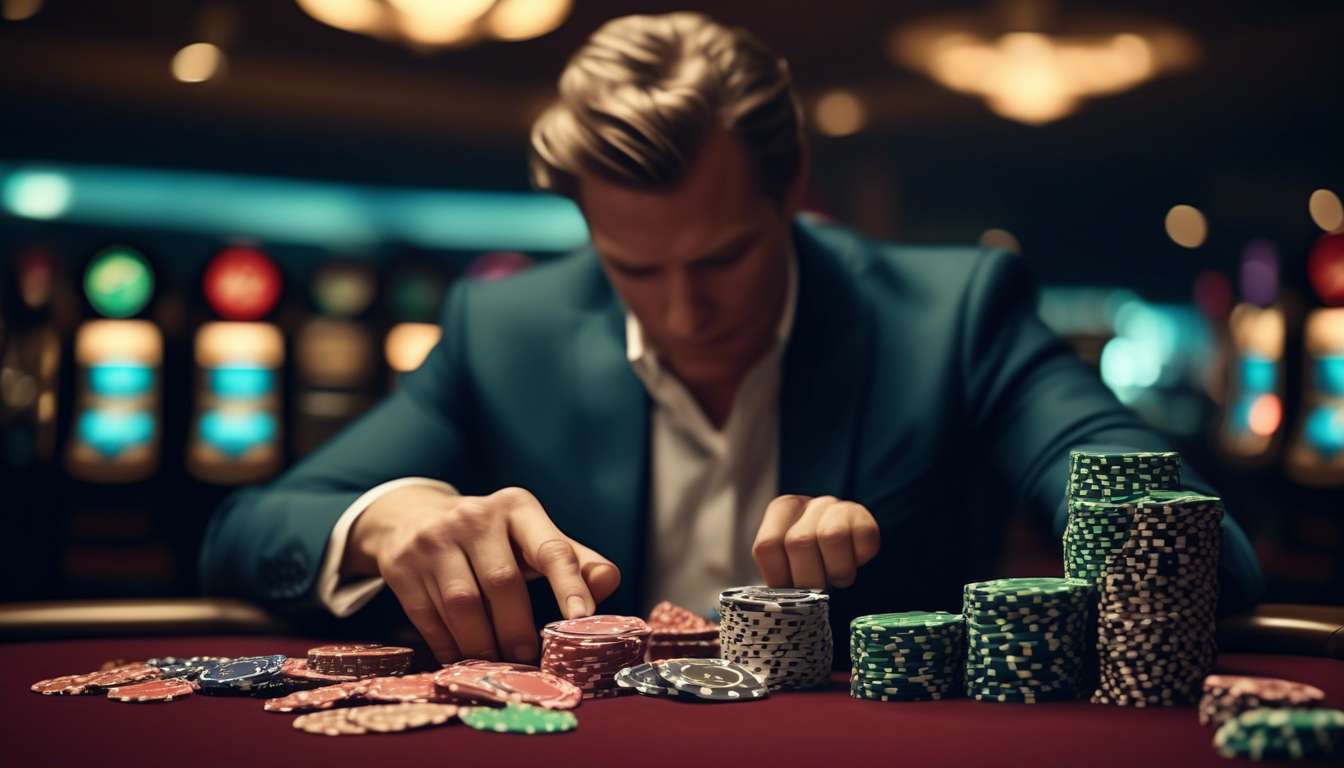Safe and Enjoyable Casino Visiting Strategies
When we step into the dazzling world of casinos, the thrill of the game and the allure of potential winnings can be intoxicating. However, as seasoned enthusiasts, we’ve learned that it’s not just about luck, but also about playing smart and staying safe. In this article, we’ll share our collective wisdom on how to make … Read moreSafe and Enjoyable Casino Visiting Strategies

